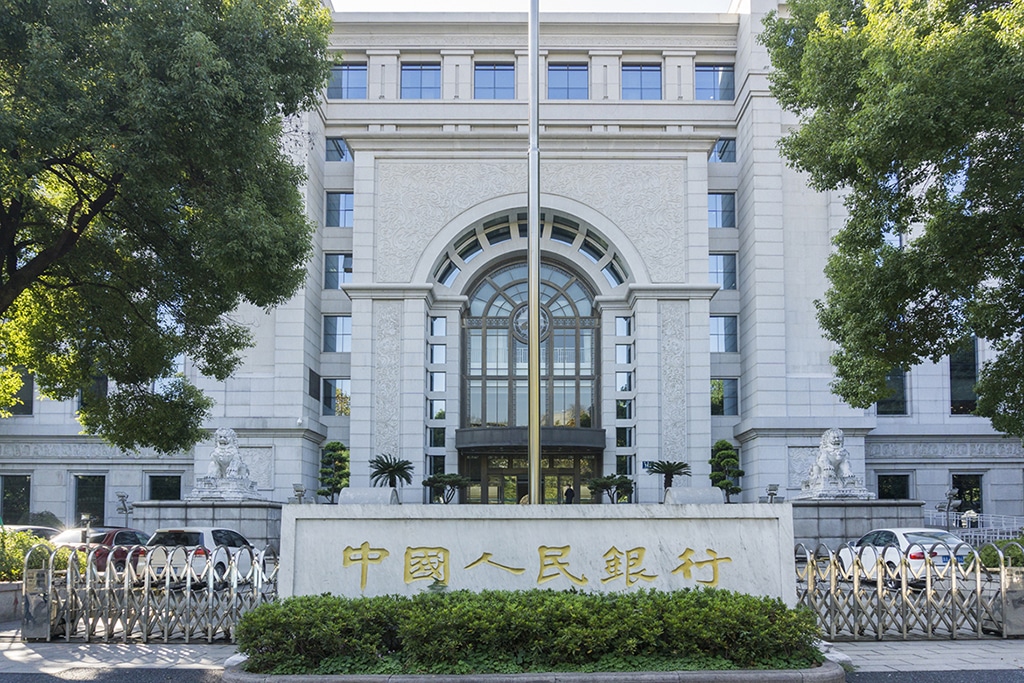
Let’s talk web3, crypto, Metaverse, NFTs, CeDeFi, meme coins, and Stocks, and focus on multi-chain as the future of blockchain technology. Let us all WIN!
The executive of the PBoC says that digital currencies raised potential threats to financial security and social stability.

The central bank of China has said it is “quite worried” about the worldwide financial risks from privately developed digital currencies, particularly, stablecoins.
“Some commercial organizations, so-called stablecoins, especially global stablecoins may bring risks and challenges to the international monetary system, and payments and settlement system,” said Fan Yifei, deputy governor of The People’s Bank of China (PBoC).
An example of a stablecoin is Tether. It is the largest of its kind and the third-largest cryptocurrency by market cap following Bitcoin and Ethereum. Tether has been facing increasing concerns from the US government and various economists regarding its potential financial stability risks.
Moreover, Fan stated:
“We are still quite worried about this issue, so we have taken some measures.”
On Tuesday, a local company was shut down on orders from PBoC’s business development arm and Beijing authorities. The firm was allegedly providing software services, which are now illegal, for cryptocurrency transactions.
This comes after May’s nationwide crackdown on Chinese Bitcoin miners on the grounds of a high energy footprint. Curbing financial risks from digital currencies was another reason for the crackdown. Miners are now looking for other mining-friendly areas to re-locate to including the US.
“These (digital) currencies have themselves become speculation tools,” Fan said. They have raised potential threats to “financial security and social stability,” he added.
Moreover, Fan noted being part of the development of the digital version of the Chinese yuan. In contrast to cryptocurrencies, the digital yuan is centralized as it is controlled by the central bank. In the past year, digital currency has been undergoing tests used in various parts of the country. The invite-only digital yuan system now has over 10 million users, according to Fan.
Nevertheless, bank account-linked mobile payment apps, have dominated the country’s payment systems in the past couple of years. Examples are Ant Group – an affiliate of Alibaba Group (NYSE: BABA), and WeChat from Tencent Holdings Limited (HKG: 0700).
Despite their market position, regulators are now on their back to counter monopolies. In early November last year, Chinese regulators in Shanghai and Hong Kong suspended Ant Group’s IPO. The listing would have been marked as the biggest in history, with $3 trillion in bids. The company also had to restructure as a financial holding company, on orders from the PBoC. Initially, Ant Group portrayed itself as a fintech player.
Fan went ahead to say similar payment entities will be subject to the same measures applied on Ant. The reasons are that the rate of payment systems’ development comes as “very alarming”. Additionally, the central bank is not only working against monopolies but also “disorderly expansion of capital.”
Disclaimer: Coinspeaker is committed to providing unbiased and transparent reporting. This article aims to deliver accurate and timely information but should not be taken as financial or investment advice. Since market conditions can change rapidly, we encourage you to verify information on your own and consult with a professional before making any decisions based on this content.

Let’s talk web3, crypto, Metaverse, NFTs, CeDeFi, meme coins, and Stocks, and focus on multi-chain as the future of blockchain technology. Let us all WIN!




